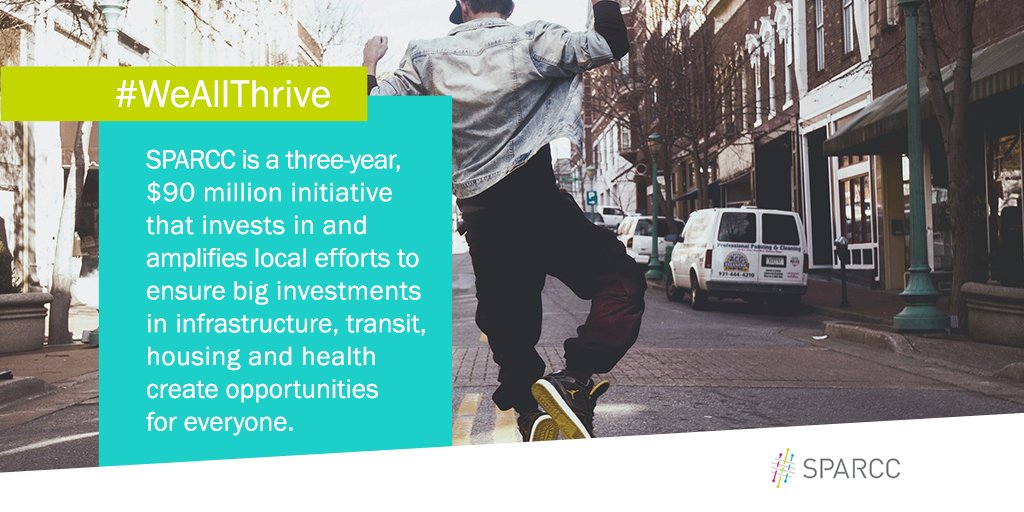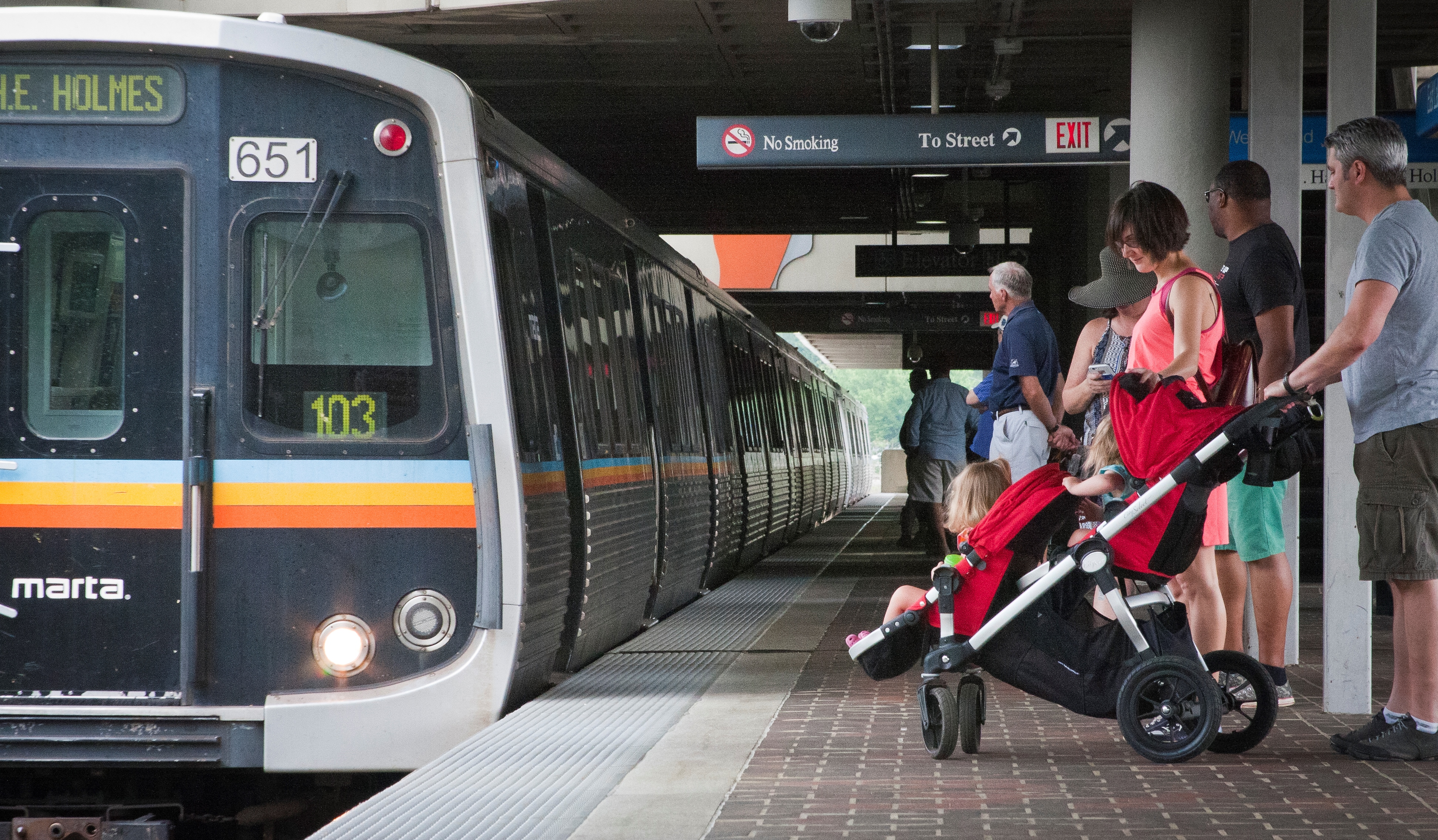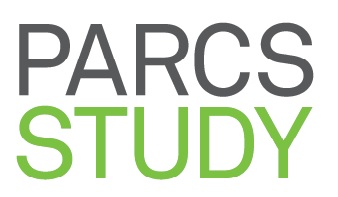Poorly thought-out urban design is not only a detriment to the health of residents, as we have discussed in-depth on this blog, but it is also a key driver of social inequity in cities. One organization attempting to reverse this trend is the Strong, Prosperous, and Resilient Communities Challenge, or SPARCC. The coalition has committed to spending $90 million over the next three years to help communities in the San Francisco Bay Area, Los Angeles, Denver, Chicago, Memphis, and Atlanta address the urban design factors that cause social and health inequalities.

SPARCC states that the first step toward achieving their mission is increasing collaboration across public and private sectors, and community members. By working with a range of health organizations, SPARCC will have access to different knowledge, resources, and strategies. Community engagement will lead to key insights about the communities’ beliefs, values, and needs, that will inform the most appropriate and impactful interventions. To build these networks, SPARCC starts by identifying agencies and organizations in their target communities and reaching out to form partnerships. By increasing their size and domain, SPARCC and their partners have a greater chance of influencing policymakers and city planners.
An example of SPARCC’s initiatives is their collaboration with the Transportation Alliance in Atlanta, Georgia. Atlanta currently ranks second in the United States for income inequality. A key driver of this is the amount of annual income that goes toward transportation, as only 3.4% of jobs in the city are accessible by a 45-minute or less commute. SPARCC is working with the Transportation Alliance to develop new affordable housing, clinics near train stations, and building new transit lines in areas with low access.

Photo: courtesy SPARCC
SPARCC has large goals for transforming and enhancing the structures in their selected cities, and ultimately reducing the large social inequalities that exist today. While their work will need to be continued long after the three-year initiative ends, they are building a vital framework to support forward progression. By creating and nurturing strong relationships with community organizations, policymakers, and other stakeholders, SPARCC will leave behind a strong network that can continue to push for change in urban design, and improved health and social justice.


